Arresting Development?
 Wednesday, March 2, 2011 at 10:38PM
Wednesday, March 2, 2011 at 10:38PM 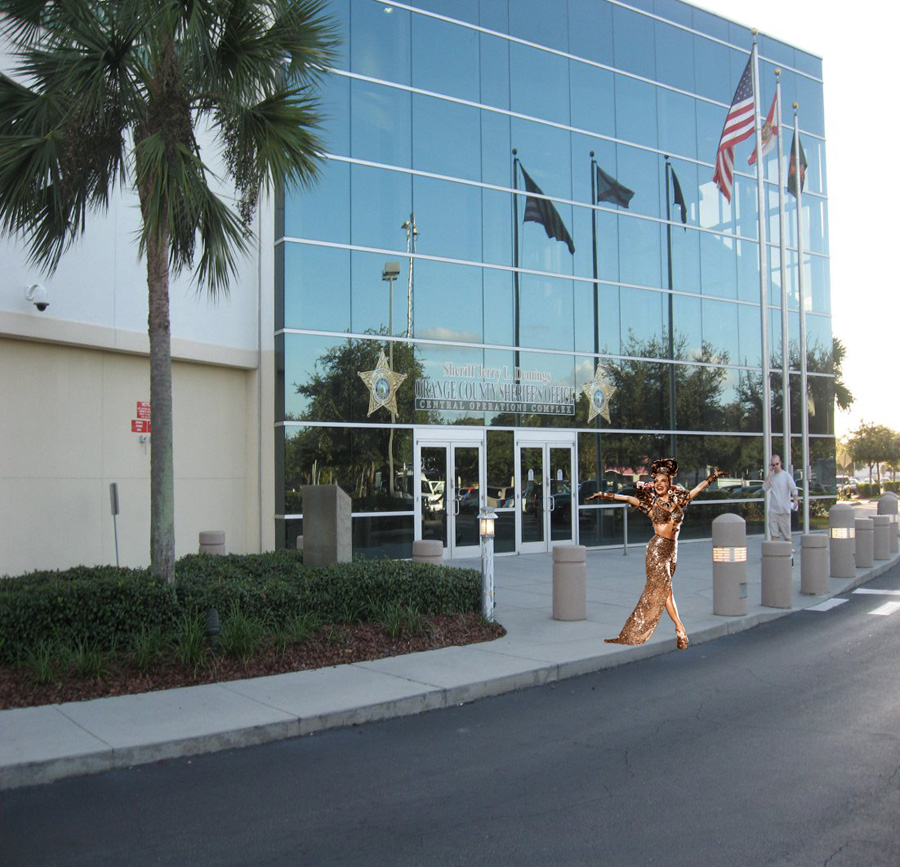
There are two basic Miranda warnings. One is quite minimal and the other is more verbose:
- You have the right to remain silent. Anything you say can and will be used against you in a court of law. You have the right to speak to an attorney, and to have an attorney present during any questioning. If you cannot afford a lawyer, one will be provided for you at government expense.
- You have the right to remain silent and refuse to answer questions. Do you understand? Anything you do say may be used against you in a court of law. Do you understand? You have the right to consult an attorney before speaking to the police and to have an attorney present during questioning now or in the future. Do you understand? If you cannot afford an attorney, one will be appointed for you before any questioning if you wish. Do you understand? If you decide to answer questions now without an attorney present you will still have the right to stop answering at any time until you talk to an attorney. Do you understand? Knowing and understanding your rights as I have explained them to you, are you willing to answer my questions without an attorney present?
The general rule is that the first one is just an announcement of your rights, whether under arrest or not, and the second one is primarily to cover the bases a detainee might encounter while in police custody.
We have rights under the Constitution and the Bill of Rights, but do we know each one of them by heart? Way back in 1963, Ernesto Miranda was accused of kidnapping and raping an 18-year-old woman. When brought in for questioning, he confessed. He was never told that he had rights at all. He was never told he didn’t have to speak to the police or that he could have had an attorney present. At trial, his counsel attempted to get the confession thrown out, but the motion was denied. In 1966, the case went before the U.S. Supreme Court, which ultimately ruled that Miranda’s statements to law enforcement could not be used as evidence since he had not been advised of his rights.
Since then, before any pertinent questioning of a suspect is done, officers of the law have been required to recite the Miranda warning. The above statements have the same key elements: the right to remain silent and the right to an attorney. When you have been read your rights, you have been Mirandized.
Of great importance is the difference between being arrested and being questioned. When law enforcement asks you anything - anything at all, you have the right to remain silent. Period. Of course, this doesn’t include answering basic questions such as your name, address and other relevant information regarding your identity. Also, bear in mind that if you are not a suspect, the police do not need to Mirandize you.
At issue with Casey, and of great importance to her defense, is the precise moment when she shifted from being a person of interest (which could mean just about anything) to becoming a full-blown suspect involved in a crime. To be certain, prior to her being questioned, she was already suspected of stealing. That quickly changed when law enforcement learned of Caylee’s disappearance and possible kidnapping. What is so relevant at this point is the time investigators turned around and looked at her as a suspect. There are no clear-cut definitions; it is a gray area, but no doubt, police are trained to be suspicious of their own mothers, so after Casey told her first lie, the gloves came off and she became a prime target of investigation. What her defense did today was to paint her as a sitting duck, and there may be some weight to it. Were Orange County’s finest required to read Casey her rights before firing away, if just as a precaution? That’s what we are about to find out.
When Deputy Ryan Eberlin told defense attorneys on the stand today that he initially handcuffed Casey on July 15, 2008 and put her in the back of a patrol car - the “cage”, should he have read her her rights, right then and there? Remember, that would not have signified that she was under arrest. At that moment, the crux of the investigation was over a missing toddler, right? Yes, but Cindy had just showed him receipts that virtually indicted Casey of fraudulent use of her credit cards. She said she wanted to press charges against her daughter. It was at this moment the cuffs went on. Time to be Mirandized. She was a suspect in a crime.
This could be big. I have tried to maintain a decent semblance of neutrality throughout this trying case, although I will admit I falter at times, but I have got to admit that this could be problematic for the State. To be blunt, Jose Baez and Cheney Mason were very good in the courtroom today and I have to call it like I saw it. Give them their day in the sun, but don’t get in an uproar over my revelation, not quite yet, anyway. We don’t know how the judge will rule. There’s still much more testimony to come, but if he rules in favor of the defense, it means initial questions will be tossed. However, keep one important factor in the back of your mind…
Ernesto Miranda. Oh yes, his conviction was thrown out, alright, but he didn’t walk away a free man. Law enforcement still had tons of other evidence that was completely independent of the confession. When he was tried the second time, he was convicted again, and after his release, he was killed in a barroom fight.
Just remember, the State of Florida is still sitting on lots of other evidence against Casey.
§
There is much more I could address, but it was a long day. One little morsel of interest, I’m sure… Diana Tennis is no longer representing Dominic Casey. He is out of the woods, so to speak, and Ms. Tennis is free to say and write whatever she wants about the case.
Also, the State submitted two photographs into evidence. The defense objected, but Judge Perry overruled. The first one shows a happy Casey taken at OCSO Operations Center. The second one is walking out into the lobby to exit the building. Could the first one infer that she’s a mother not too worried about her toddler?
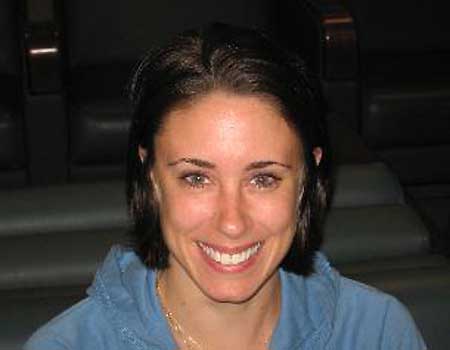
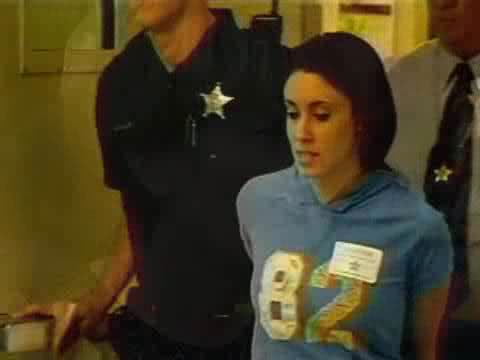
I’m going to bed. It’s going to be a long day tomorrow, I’m sure.
 Dave Knechel | tagged
Dave Knechel | tagged  Diana Tennis,
Diana Tennis,  Jennifer Craddock,
Jennifer Craddock,  Ryan Eberlin | in
Ryan Eberlin | in  Casey Anthony,
Casey Anthony,  Caylee Anthony,
Caylee Anthony,  Cheney Mason,
Cheney Mason,  Chief Judge Belvin Perry,
Chief Judge Belvin Perry,  Cindy Anthony,
Cindy Anthony,  Dave Knechel,
Dave Knechel,  David B. Knechel,
David B. Knechel,  David Knechel,
David Knechel,  Death Penalty,
Death Penalty,  Dorothy Clay Sims,
Dorothy Clay Sims,  Frank George,
Frank George,  George Anthony,
George Anthony,  Hopespring Drive,
Hopespring Drive,  Human Interest,
Human Interest,  Jeff Ashton,
Jeff Ashton,  Jim Lichtenstein,
Jim Lichtenstein,  Jose Baez,
Jose Baez,  Kathi Belich,
Kathi Belich,  Lee Anthony,
Lee Anthony,  Linda Drane Burdick,
Linda Drane Burdick,  Marinade Dave,
Marinade Dave,  Marinade Dave Knechel,
Marinade Dave Knechel,  Marinade Dave’s Caylee Anthony Posts,
Marinade Dave’s Caylee Anthony Posts,  Orange County Sheriff’s Office,
Orange County Sheriff’s Office,  Sgt. John Allen,
Sgt. John Allen,  Yuri Melich,
Yuri Melich,  marinadedave |
marinadedave | 
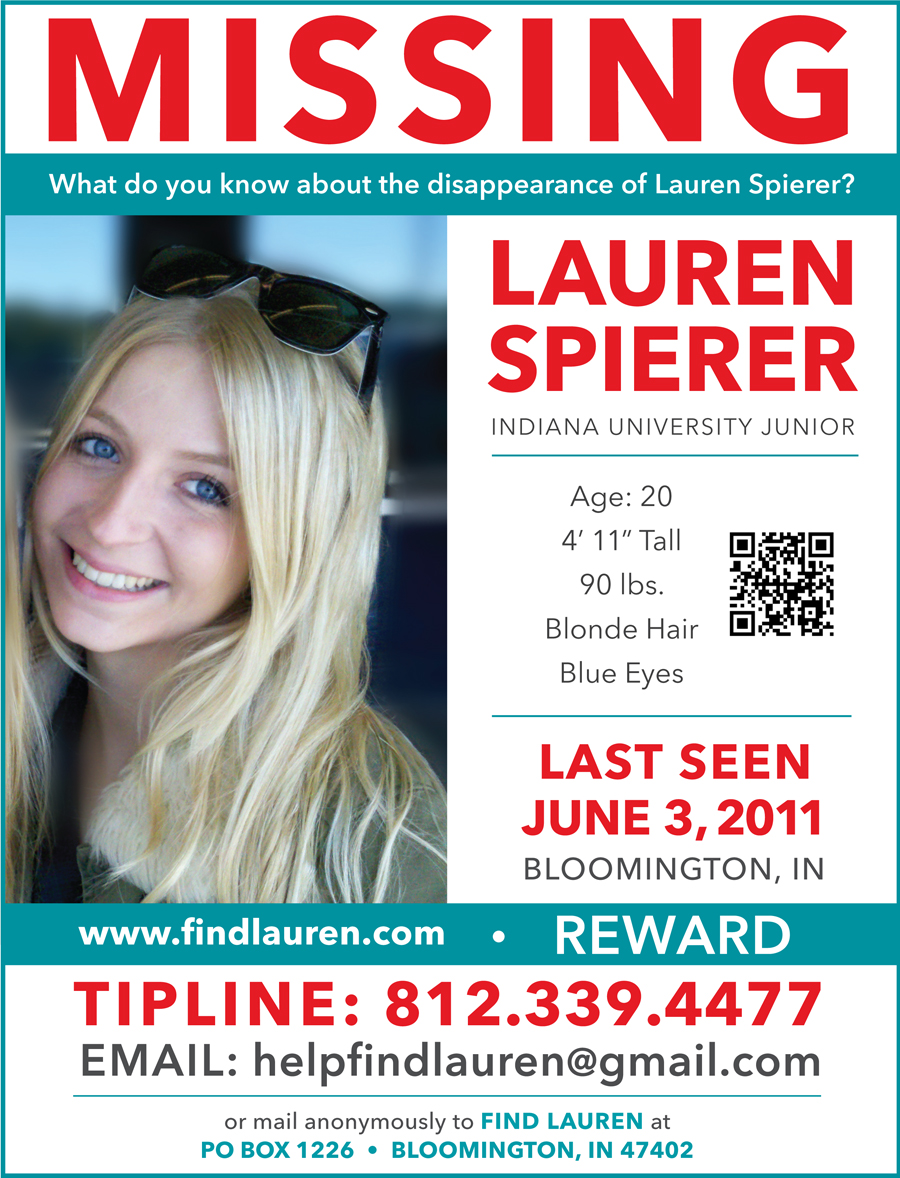
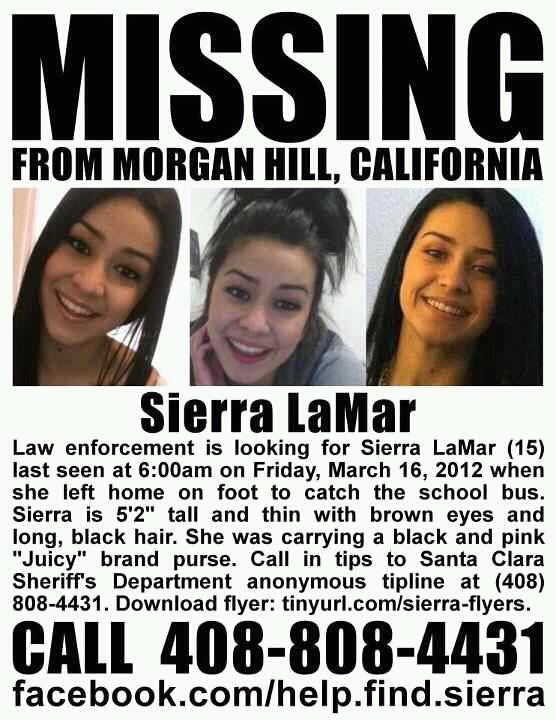
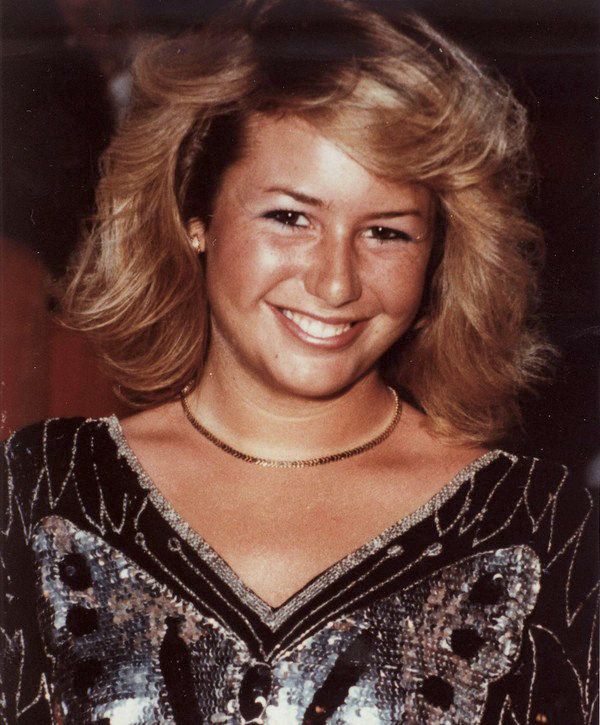

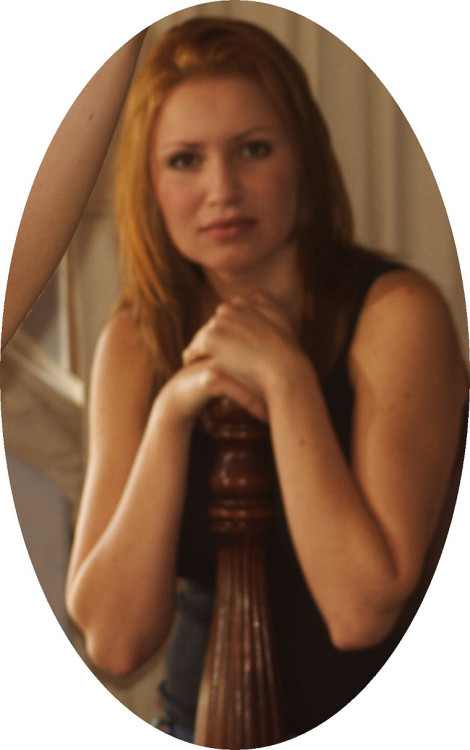
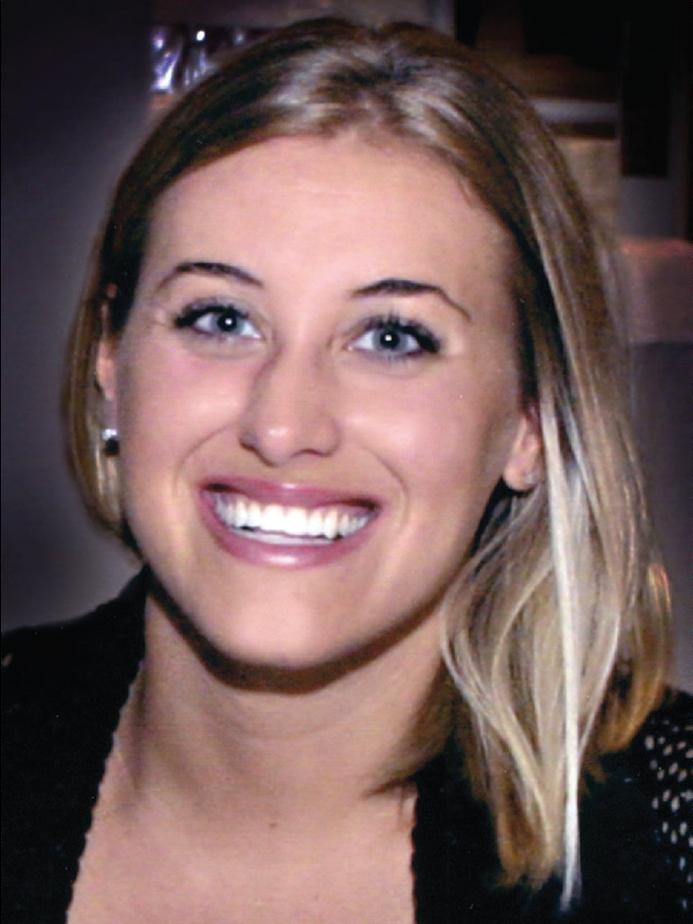





 LEGAL NOTICE
©David B. Knechel. All Rights Reserved. No portion of this site can be reproduced in it's entirety or in part without expressed written permission by the owner/administrator of this site in accordance with the Digital Millennium Copyright Act. Section 512(c)(3) of the U.S. Copyright Act, 17 U.S.C. §512(c)(3). The charges against defendants are mere accusations and the subjects are presumed innocent until found guilty in a court of law.
LEGAL NOTICE
©David B. Knechel. All Rights Reserved. No portion of this site can be reproduced in it's entirety or in part without expressed written permission by the owner/administrator of this site in accordance with the Digital Millennium Copyright Act. Section 512(c)(3) of the U.S. Copyright Act, 17 U.S.C. §512(c)(3). The charges against defendants are mere accusations and the subjects are presumed innocent until found guilty in a court of law.